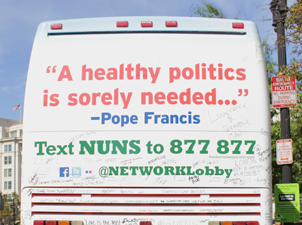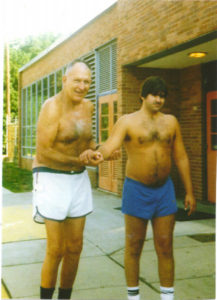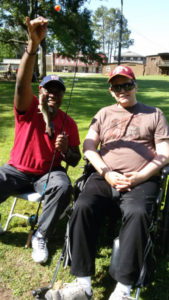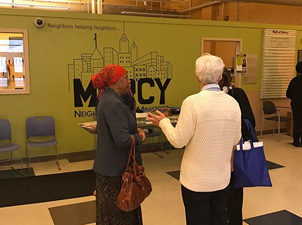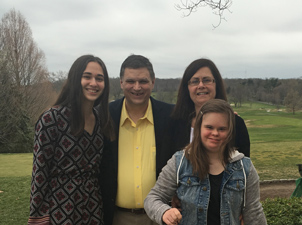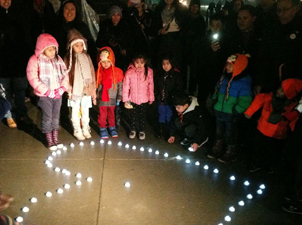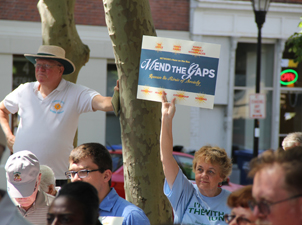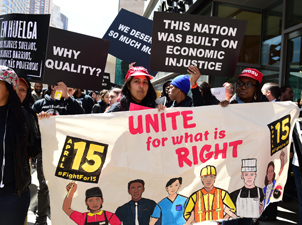
The Healthcare Fight Still Isn’t Over
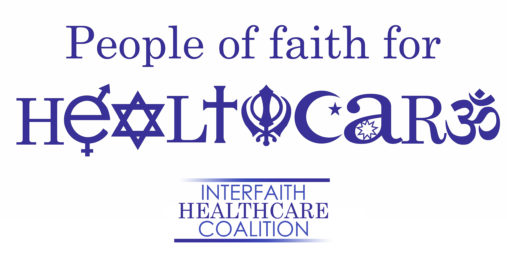
Good news: due to incredible pressure from activists around the country like you, Senator McConnell pushed back a vote on healthcare until after the July 4 recess. But we can’t let this delay lead to passage like it did in the House — we’ve got to keep the pressure on!
Call your Senators at 1-888-738-3058 NOW
to oppose the GOP health plan and protect Medicaid.
Call twice to reach both Senators.
These calls matter whether your Senators are Republicans or Democrats! Here are a few ways you can make noise in your community over the next few days:
- Keep making phone calls, and enourage anyone you know in Alaska, Arizona, Iowa, Louisiana, Maine, Nevada, Ohio, Pennsylvania, Tennessee, or West Virginia to make their calls as well.
- Read the news and write Letters to the Editor. These short messages should clearly state your opposition to Medicaid cuts and the Senate health proposals, and mention your Senator(s) by name. See our tips for getting your LTE published on NETWORK’s website, and send us published pieces at [email protected].
- Meet with your Senator at their office, town hall, 4th of July event, or elsewhere. Bring these:
- Ten Commandments of Healthcare
- Faith Leaders Oppose Senate Healthcare Bill
- Medicaid stories: Brian’s Story and the McGrath Family’s Story
- People of Faith for Healthcare sign – Print your own!
- Post on social media! It sounds silly, but Senators and reporters alike are watching what’s being said online. Find your Senator on Facebook and Twitter, and let them know your thoughts using #Faith4Medicaid, #SaveMedicaid, and #ProtectOurCare. Or share NETWORK’s posts on Facebook or Twitter. You may want to share these graphics:







